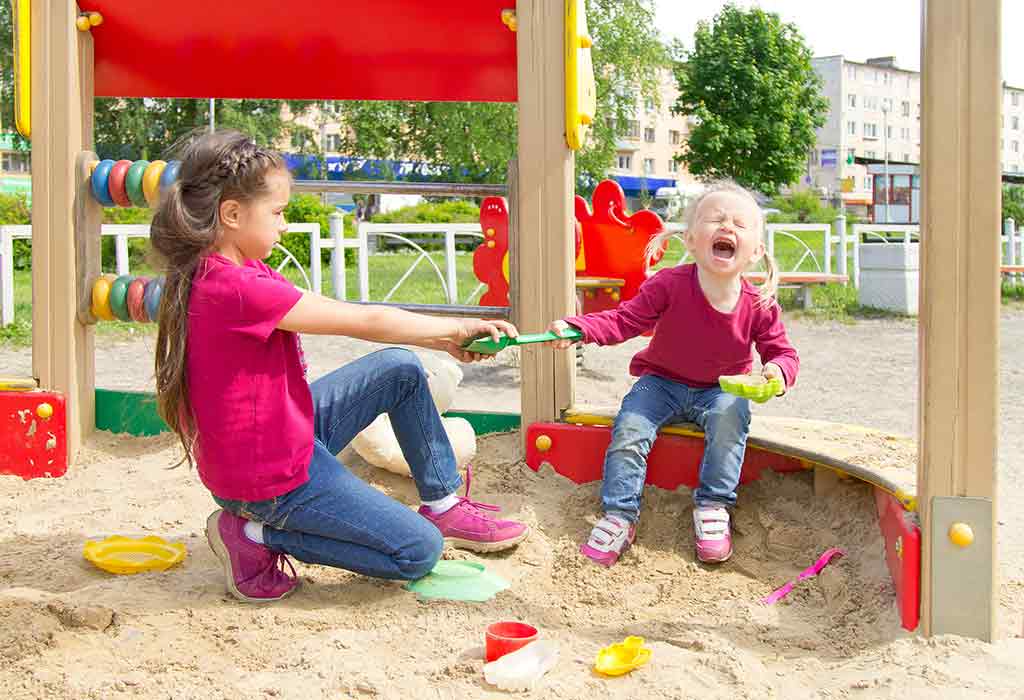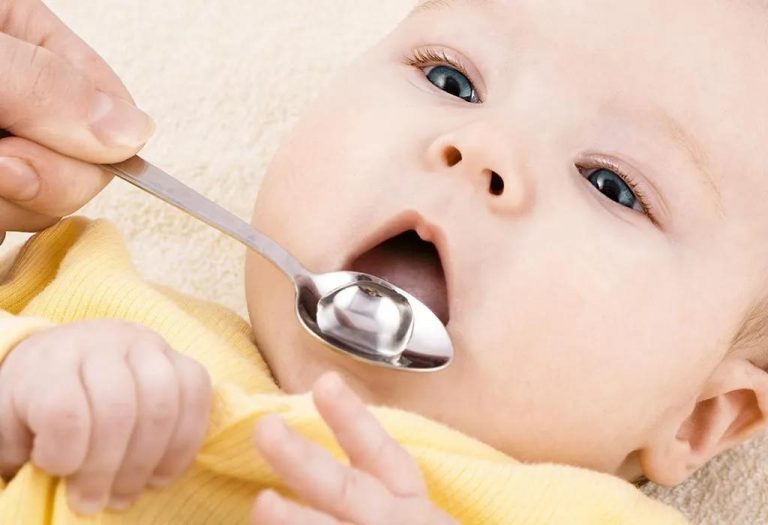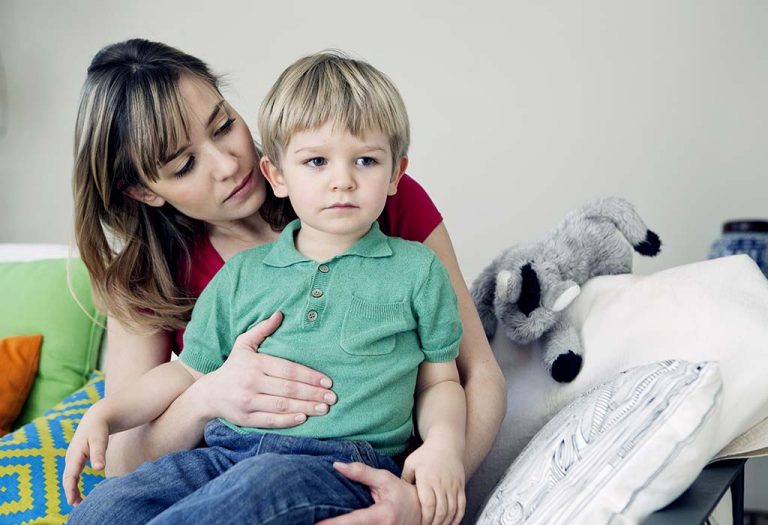Parental Burnout – Causes, Symptoms and Treatment
Have you often found yourself exhausted and irritated while managing your home and work? Chances are that you may be suffering from parental burnout. Parenting is a rewarding and fulfilling journey that comes with its fair share of challenges. While parents strive to provide the best for their children, they often neglect their own well-being, leading to a phenomenon known as parental burnout. Parental burnout is a state of chronic physical and emotional tiredness caused by excessive and prolonged stress in the parenting role. Let’s dig deep into the causes, symptoms, effects, and treatment options for parental burnout, as well as strategies for prevention.
What Is Parental Burnout?
Parental burnout is a state of emotional and physical exhaustion that results from the constant demands and responsibilities of parenting. It goes beyond the typical challenges and occasional stress that come with raising children. It is characterised by feelings of overwhelming fatigue, detachment from one’s parental role, and a sense of being overwhelmed and emotionally drained.
What Are the Causes of Parental Burnout?
Parental burnout, also known as parenting burnout, can be caused by a combination of factors. Some common causes include:
- High parental expectations
- Lack of support from a partner or family members
- Financial pressures
- Work-life imbalance
- Single parenting
- Lack of personal time and self-care
- High societal expectations
- Perfectionism in parenting
What Are the Signs and Symptoms of Parental Burnout?
Recognising the signs and symptoms of parental burnout is crucial for early intervention. Some common signs and symptoms include:
- Chronic fatigue and exhaustion
- Irritability and impatience
- Emotional detachment from children
- Feelings of helplessness and hopelessness
- Decreased motivation and enjoyment in parenting
- Neglecting self-care and personal needs
- Increased reliance on unhealthy coping mechanisms (e.g., alcohol, drugs)
- Headache, muscle tension, and sleep disturbances
What Are the Effects of Parental Burnout?
Parental burnout not only affects the well-being of parents but also has a significant impact on the family dynamics and the overall development of children. The effects of parental burnout can include:
- Decreased emotional availability and responsiveness towards children
- Increased conflict and tension within the family
- Negative impact on parent-child relationships
- Disrupted child development and behavior problems
- Lower academic performance of children
- Increased risk of child neglect or abuse
What Are the Risk Factors of Parental Burnout?
While parental burnout can affect anyone, certain risk factors may make individuals more susceptible. These risk factors include:
- High levels of stress in other areas of life
- Lack of social support and limited resources
- Pre-existing mental health conditions
- Parenting a child with special needs or challenging behaviours
- Unrealistic expectations of oneself as a parent
What Is the Impact of Parental Burnout on Kids?
Surprisingly, there is a profound impact of parental burnout on children’s well-being and development. Some of the effects on children may include:
- Increased stress and anxiety
- Emotional instability and insecurity
- Behavioral problems
- Poor academic performance
- Decreased self-esteem and self-confidence
What Is the Impact of Parental Burnout on Parent’s Mental Health?
Parental burnout can take a toll on parents’ mental health and cause parent exhaustion. Some of the impacts of parental burnout on parents themselves include:
- Increased risk of depression and anxiety disorders
- Feelings of guilt and self-blame
- Decreased self-esteem and self-worth
- Social withdrawal and isolation
- Impaired overall well-being and quality of life
How to Treat Parental Burnout?
Treating parental burnout requires a multi-faceted approach that addresses both the physical and emotional aspects. Some parental burnout treatment options include:
- Seeking support from a therapistor mental health professional to rule out any underlying mental health conditions and seeking help for it
- Building a strong support network of friendsand family and connecting with more support groups
- Practicing self-care activities, such as exercise, relaxation techniques, and hobbies
- Setting realistic expectations and boundaries in parenting
- Delegating and sharing parenting responsibilities with a partner or family members
- Taking regular breaks and prioritising personal time
How to Prevent Parental Burnout?
Preventing parental burnout is essential for maintaining a healthy and fulfilling parenting journey. Here are some strategies for prevention:
- Prioritise self-care: Indulge in activities that rejuvenate you and bring you joy. This could include exercise, hobbies, or spending time with friends.
- Establish boundaries: Set limits on your time and energy. Learn to say no to additional commitments that may overwhelm you.
- Seek support: Talk to your partner, family, or friends for help and support. Join support groups or online communities of parents who can relate to your experiences.
- Practice stress management: Add easy and practical stress management strategies into your daily routine, such as meditation, deep breathing exercises, or journaling.
- Communicate openly: Express your needs and concerns to your partner and loved ones. Effective communication can help alleviate stress and prevent burnout.
When and Whom Should You Consult for Parental Burnout?
If you’re experiencing significant parental burnout symptoms that affect your daily functioning and well-being, it is important to seek professional help. Consider consulting with:
- Therapists or counsellorswho specialise in family and parenting issues.
- Pediatricians or family doctors who can provide guidance and referrals to appropriate resources.
- Online or offline support groups to connect with other parents who have experienced or are experiencing parental burnout.
Reaching out for help is a sign of not giving up on yourself. Parental burnout is a real and significant issue that affects many parents. Recognising the causes, symptoms, and impacts of parental burnout is crucial for early intervention and seeking appropriate support. By prioritising self-care, seeking support, and implementing preventive strategies, parents can enhance their well-being and create a healthier, more fulfilling parenting experience for themselves and their children.
References/Resources:
1. Ashley Abramson; The impact of parental burnout; American Psychological Association; https://www.apa.org/monitor/2021/10/cover-parental-burnout; October 2021
2. Parental burnout; COPE; https://www.cope.org.au/new-parents/emotional-health-new-parents/parental-burnout/;
3. How do I deal with parental burnout?; Action for Children; https://parents.actionforchildren.org.uk/home-family-life/parent-mental-health/parental-burnout-exhaustion/
4. Blanchard. M. A, Hoebeke. Y, Heeren. A; Parental burnout features and the family context: A temporal network approach in mothers; J Fam Psychol.; https://pubmed.ncbi.nlm.nih.gov/36780264/; April 2023
5. Yakupova. V, Suarez. A; Parental burnout, depression and emotional development of the preschoolers; Front Psychol.; https://www.ncbi.nlm.nih.gov/pmc/articles/PMC10318402/; June 2023
6. Gawlik. K, Melnyk. B. M; Pandemic Parenting: Examining the Epidemic of Working Parental Burnout and Strategies to Help; The Ohio State University; https://wellness.osu.edu/sites/default/files/documents/2022/05/OCWO_ParentalBurnout_3674200_Report_FINAL.pdf; May 2022
7. Mikolajczak. M, Roskam. I; Parental burnout: Moving the focus from children to parents; New Directions for Child and Adolescent Development; Wiley Online Library; https://onlinelibrary.wiley.com/doi/10.1002/cad.20376; October 2020
Also Read:
Stages of Parenthood
Parental Pressure on Kids
Role of Parents in Child Development
Was This Article Helpful?
Parenting is a huge responsibility, for you as a caregiver, but also for us as a parenting content platform. We understand that and take our responsibility of creating credible content seriously. FirstCry Parenting articles are written and published only after extensive research using factually sound references to deliver quality content that is accurate, validated by experts, and completely reliable. To understand how we go about creating content that is credible, read our editorial policy here.

























